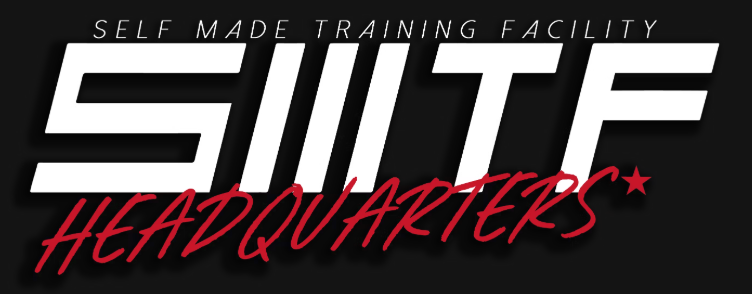
Portal Thermaculture is a social wellness brand offering Scandinavian-inspired sauna, cold plunge, and contrast-therapy experiences, serving urban wellness seekers and community groups, and known for membership-based clubs, guided thermal circuits, and mission-driven support for mental health causes.
?
?

Self Made Training Facility is a fitness-facility franchise offering personal training, group sessions and performance coaching in a boutique facility, serving serious adult fitness clients, and known for trainer-driven culture, scalable studio footprint and modern branding.
?
?

Ohm Fitness is a fitness franchise that specializes in Electro-Muscle Stimulation (EMS) training, offering high-tech, efficient workouts in a short amount of time.
?
?

Pickup USA Fitness is a basketball-focused gym offering open gym, training, and leagues, providing a supportive environment for basketball enthusiasts.
?
?

The Picklr is a dedicated pickleball facility offering courts, leagues, and instructional programs for players of all levels, promoting community engagement through the sport of pickleball.
?
?